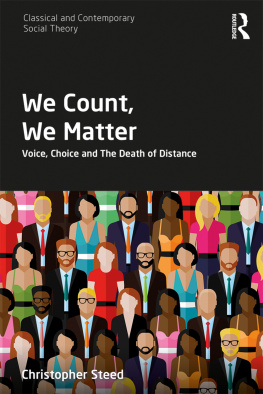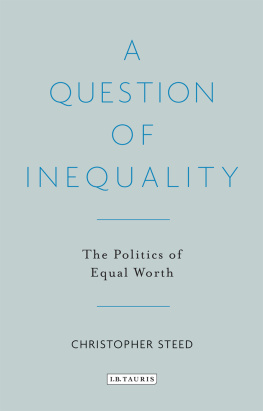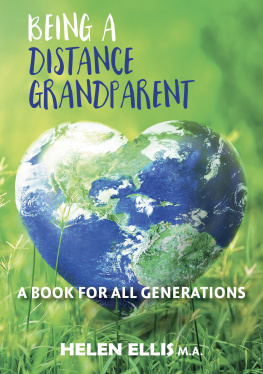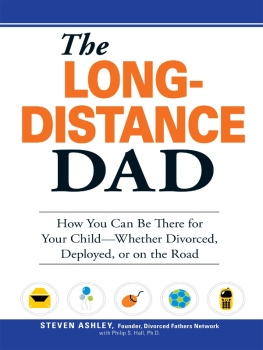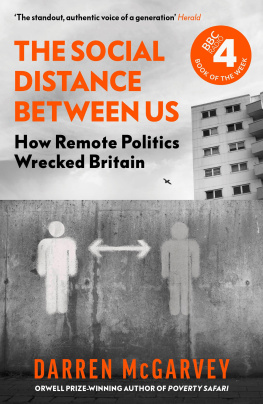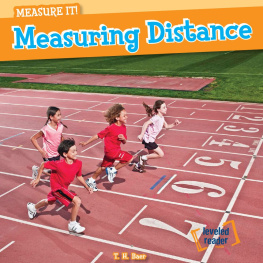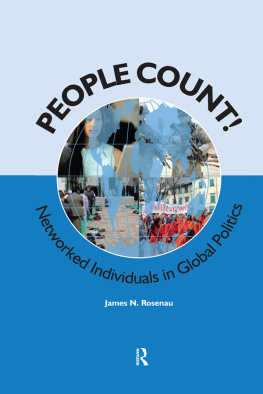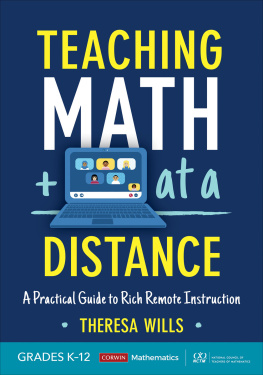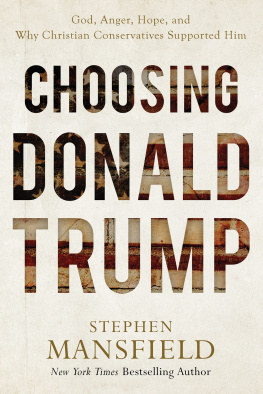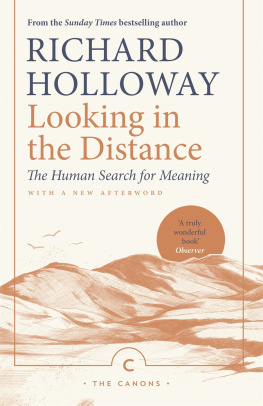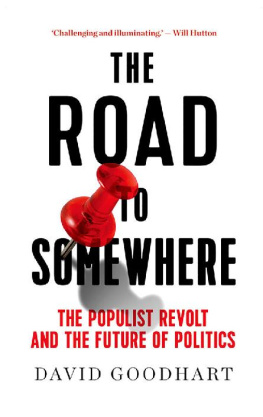We Count, We Matter
This book examines the meaning of Brexit, the election of Trump and the rising tide of populist revolt on the right amidst the collapse of the centre left. Exploring the reaction against the establishment or the system, the author contends that we are witnessing a new divide between those who wish to see an interconnected world and those who seek distance: as transport and technology shrink the world, we witness a backlash that favours protectionism and opposes immigration. Distance is the new frontier: for some, remote players are rejected in favour of identities closer to home. This divide plays out in relation to the notion of face, as individuals react to faceless organisations and processes such as globalisation and automation, responding to a sense of alienation on social media and developing a conception of themselves as networked individuals. Thus, we move towards a type of society characterised not by honour and dishonour, or right and wrong, but by voice and choice. A fascinating and very accessible analysis of the divisions and transformations that have come to dominate the contemporary landscape, this book will appeal to political leaders and social scientists with interests in globalisation, social movements and social theory.
Christopher Steed is Visiting Fellow in the School of Management at the University of Southampton, UK, and the author of Smart Leadership Wise Leadership: Environments of Value in an Emerging Future .
A bold and wide-ranging book which isnt afraid to look at the big picture and relate recent events to wider social trends.
Linda Woodhead,
Lancaster University, UK.
In a world that is increasingly prey to populism and revolt, and is at the same time replete with the forces of alienation and marginalisation, we need clear-headed and far-sighted thinkers to chart the landscape that lies before us. Christopher Steed assesses the contemporary culture in which we find ourselves, and offers helpful critiques that will act as important guideposts for our futures. Steeds accessible and penetrating insights are a must for all those concerned with mapping the way forward.
The Very Reverend Professor Martyn Percy,
Dean of Christ Church, Oxford, UK.
What lies behind the political upheavals of Brexit, Trump and the rise of populist political parties? Chris Steed explores the paradox of a world that is both becoming smaller and leaving millions at the mercy of faceless forces.
John Denham,
University of Winchester, UK.
Classical and Contemporary Social Theory
https://www.routledge.com/sociology/series/ASHSER1383
Series Editor: Stjepan G. Mestrovic, Texas A&M University, USA
Classical and Contemporary Social Theory publishes rigorous scholarly work that re-discovers the relevance of social theory for contemporary times, demonstrating the enduring importance of theory for modern social issues. The series covers social theory in a broad sense, inviting contributions on both classical and modern theory, thus encompassing sociology, without being confined to a single discipline. As such, work from across the social sciences is welcome, provided that volumes address the social context of particular issues, subjects or figures and offer new understandings of social reality and the contribution of a theorist or school to our understanding of it.
The series considers significant new appraisals of established thinkers or schools, comparative works or contributions that discuss a particular social issue or phenomenon in relation to the work of specific theorists or theoretical approaches. Contributions are welcome that assess broad strands of thought within certain schools or across the work of a number of thinkers, but always with an eye towards contributing to contemporary understandings of social issues and contexts.
We Count, We Matter
Voice, Choice and the Death of Distance
Christopher Steed
Depressive Love
A Social Pathology
Emma Engdahl
The New Narcissus in the Age of Reality Television
Megan Collins
Existence, Meaning, Excellence
Aristotelian Reflections on the Meaning of Life
Andreas Bielskis
Ghosts, Landscapes and Social Memory
Martyn Hudson
Beyond Bauman
Critical Engagements and Creative Excursions
Edited by Michael Hviid Jacobsen
Diagnostic Cultures
A Cultural Approach to the Pathologization of Modern Life
Svend Brinkmann
We Count, We Matter
Voice, Choice and the Death of Distance
Christopher Steed

First published 2018
by Routledge
2 Park Square, Milton Park, Abingdon, Oxon, OX14 4RN
and by Routledge
711 Third Avenue, New York, NY 10017
Routledge is an imprint of the Taylor & Francis Group, an informa business
2018 Christopher Steed
The right of Christopher Steed to be identified as author of this work has been asserted by him in accordance with sections 77 and 78 of the Copyright, Designs and Patents Act 1988.
All rights reserved. No part of this book may be reprinted or reproduced or utilised in any form or by any electronic, mechanical or other means, now known or hereafter invented, including photocopying and recording, or in any information storage or retrieval system, without permission in writing from the publishers.
Trademark notice : Product or corporate names may be trademarks or registered trademarks, and are used only for identification and explanation without intent to infringe.
British Library Cataloguing-in-Publication Data
A catalogue record for this book is available from the British Library
Library of Congress Cataloging-in-Publication Data
A catalog record for this title has been requested
ISBN: 978-1-138-30621-9 (hbk)
ISBN: 978-1-315-14160-2 (ebk)
Typeset in Times New Roman
by Deanta Global Publishing Services, Chennai, India
Contents
May you live in interesting times is a traditional English expression that is purported to be a translation of a traditional Chinese curse. Despite being so common in English as to be known as the Chinese curse, the saying is almost certainly apocryphal. The nearest related Chinese expression is better to be a dog in a peaceful time, than to be a human in a chaotic (warring) period.
Our times are indeed interesting. So much so, it is sometimes hard to believe what we are witnessing. So what exactly are these times? What is the Spirit of our Age? An Age of Austerity, perhaps? Some would see it as an Era of Equality: meritocracy overcoming classist divisions. Our age is certainly more secular, at least in the developed world. Yet there is no sign of religions being on retreat elsewhere. In the developing world, religion is alive and kicking. Moreover, though the Western world has seen the decline of religious institutions through the forces of industrialisation, secularism and consumerism, this has been countered and challenged by emergent and multifarious forms of spirituality. And, of course, the rise of furious religion in forms of fundamentalism and even terrorism a phenomenon that Gilles Kepel teasingly dubbed Gods revenge.
We do indeed live in interesting times. We are connected, as never before, and instantly, through social media. Yet alienated, as never before, from our nearest neighbours. (I was writing this on the day that the Grenfell Tower Inquest opened in London into a fire in a 20-storey, 1974 tower block that claimed the lives of over 80 people on 14th June 2017. The flats were occupied by some of Londons poorest citizens, yet only yards away from some of Londons most expensive housing.)

